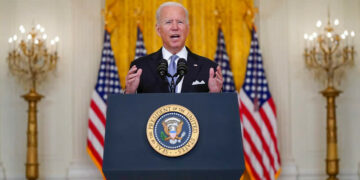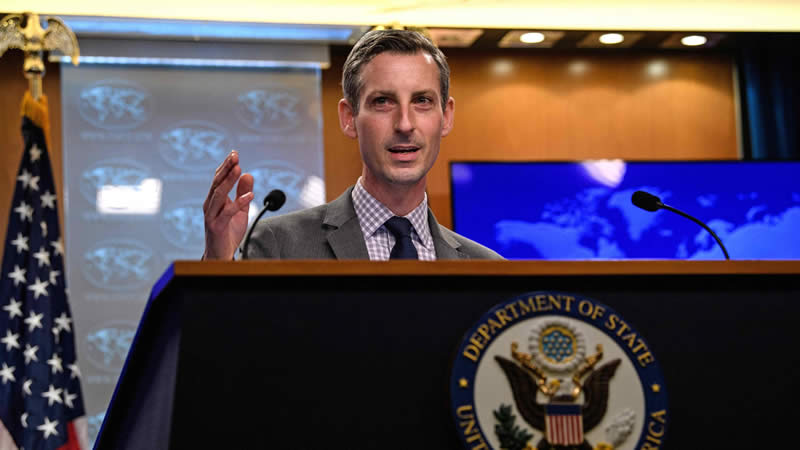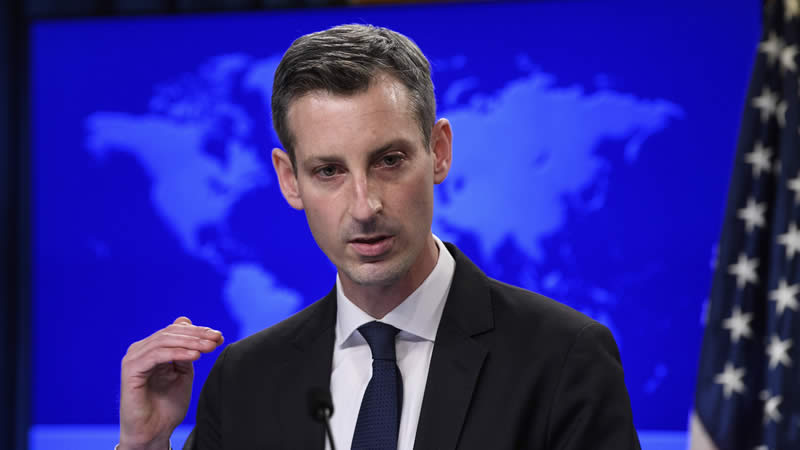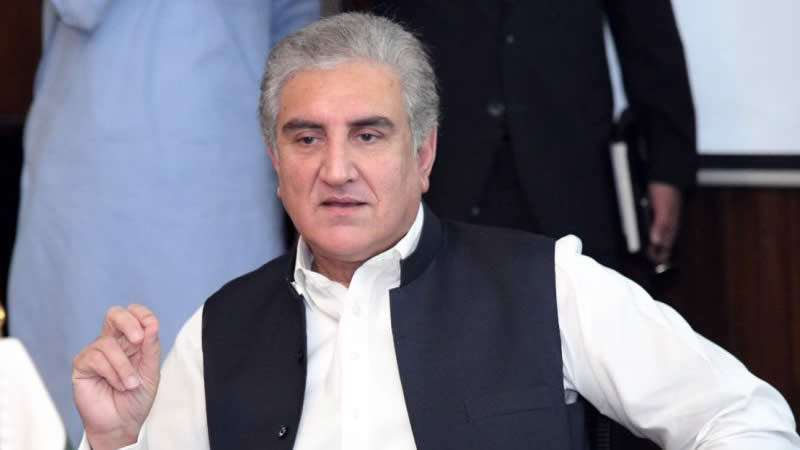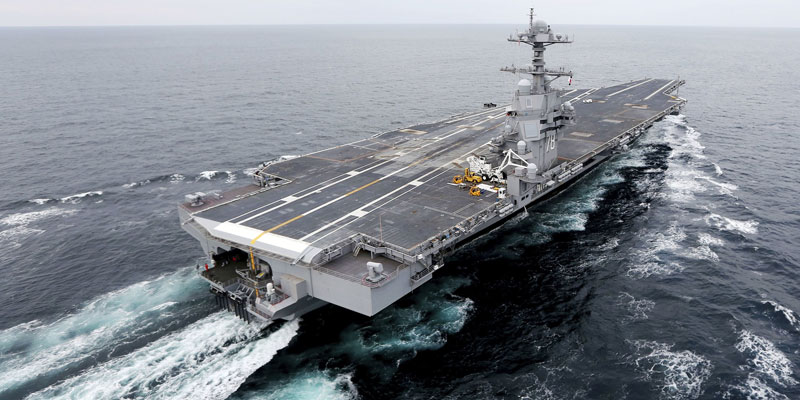 Three numbers should suffice to give Chinese economic policymakers a sleepless night: 65.4 million, $28.7 billion and $2.45 trillion.
Three numbers should suffice to give Chinese economic policymakers a sleepless night: 65.4 million, $28.7 billion and $2.45 trillion.
In order, they are the estimate by a government researcher of how many apartments stand vacant in China, many of them bought as speculative investments; the country’s trade surplus in July; and the international reserves the central bank has accumulated by buying dollars to hold down the yuan.
Together, they encapsulate the distortions of an economy that favors investment by suppressing the cost of capital and other inputs at the expense of consumers, whose spending power is held down by low wages and low deposit rates.
Unable to sell at home all that it produces, China exports the rest.
This template has powered 30 years of headlong growth that is catapulting China past Japan to become the world’s largest economy after the United States.
But it is a formula that Beijing readily agrees is unsustainable: China needs to rely more on household spending, especially as its export prospects are darkening now that the West is tightening its belt to purge excess debt.
Many experts are confident that a pragmatic China will succeed in making the transition in the coming decade to a new growth model anchored by urban-based consumption, technological upgrading and a greater role for market forces.
Doubters, though, have two prime reservations. First, that China has left it too late to wean itself off investment-heavy exports. And second, that the ruling Communist Party will fail to overcome the vested interests resisting reform.
“The imbalances cannot continue at this rate for another 10 years. That’s simply not possible,” said Michael Pettis, a professor of finance at Peking University.
He said pressure to change could become overwhelming within two to three years, or even sooner if trade conflicts flare up.
“They’re embarking on change at a time when the rest of the world may not give them much time to shift,” Pettis said. “Over the next decade we’re going to see average growth rates of 5-6 percent, heavily frontloaded.”
CAR CRASH
His skepticism is shared by some at the heart of the Chinese establishment.
Zhou Tianyong, a professor at the Central Party School in Beijing, which trains rising Communist Party officials, has long argued that China needs steady but far-reaching political reforms.
In a new book, “Where Is China Headed?”, Zhou says China could be heading for a political car-crash unless it reduces bloated government, unshackles small business and ends distortions in the housing market.
“Which way will we go down? If we choose the right route we can avoid falling into a development trap; if we choose the wrong one, we may fall into a ‘China trap’ of social and political turmoil, slow economic growth, enduring lack of prosperity, and weak and declining national competitiveness,” Zhou writes.
The ‘China trap’ looms if policymakers continue to promote a pattern of growth that “privileges industry, big corporations, big capital and big projects”, Zhou believes.
Shifting gears will be difficult, he reckons, because of the habits China has formed and the entrenched interests that have built up.
And there’s the rub. Does the Communist Party have the will to remove some of the power and wealth it has bestowed on its favorites?
China’s markets for the factors of production are riddled with distortions that subsidize producers, exporters and investors, according to Huang Yiping and Wang Bijun from the China Center for Economic Research at Peking University.
Labor, capital, land and energy are all cheap, they write in “China: The Next Twenty Years of Reform and Development”, a joint Australian-Chinese collection of essays.
This is equivalent to taxing the owners of these inputs, mainly consumers, which is why household income and consumption have plummeted as a share of GDP, they argue.
“All these suggest that factor-cost distortions have been a fundamental force behind China’s structural imbalances, which alongside other problems such as inefficient resource use and pollution could seriously affect China’s ability to sustain its rapid growth in the future,” they write.
VESTED INTERESTS
Seen in that light, the problem is not one of economic policy but of political economy.
Yao Yang, also an economics professor at Peking University, bemoans that the government itself, its cronies and state-owned enterprises are forming powerful interest groups.
Writing in the same volume of essays, Yao says the Chinese Communist Party should realize for its own sake that there is no alternative to fuller democratization if it wishes to maintain both high economic growth and enhanced social stability.
“The emergence of strong and privileged groups will block equal distribution of the benefits of economic growth in society, which will then render futile the CCP’s strategy of trading economic growth for people’s consent to its absolute rule,” he says.
Diana Choyleva, who follows China from Hong Kong for Lombard Street Research, a consultancy, says that because of the new international environment it will become clear in the next two years whether Beijing has the appetite to change.
“I want to believe that they’ll move in the right direction, but every time the going really gets tough you don’t seem to get that response,” she said.
Financial journalist Richard McGregor says the Party should not be counted out despite the political risks that the next stage of economic reform entail.
“Does unraveling the state’s economic interests irreparably damage the party’s political clout? There is no easy way to chart a course through this thicket but the Party’s adaptive abilities should not be underestimated,” McGregor writes in a new book, “The Party”.


